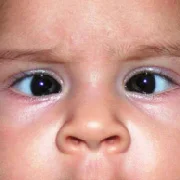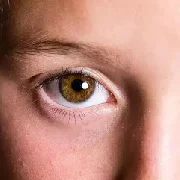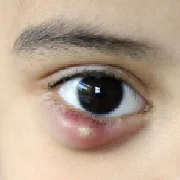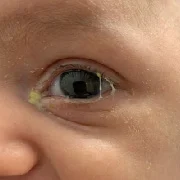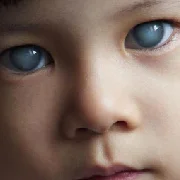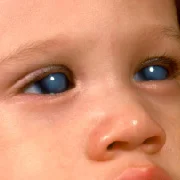What is Paediatric Ophthalmology
Paediatric Ophthalmology focuses on treating the eye problems affecting children. Problems like Squint Eye, Lazy Eye and Refractive Errors [power in the eye] are the common problems affecting the eyes of children. Rarely children may be born with a Cataract at birth[Congenital Cataract].
The importance of developing a separate branch of Paediatric Ophthalmology stems from the fact that eye-related problems in children need to be addressed at the earliest. Certain eye conditions such as childhood Glaucoma, Congenital Cataract, Refractive Error and squint if not detected and treated early can have permanent consequences on the child’s vision. This would further affect the scholastic and other extracurricular development of the child.
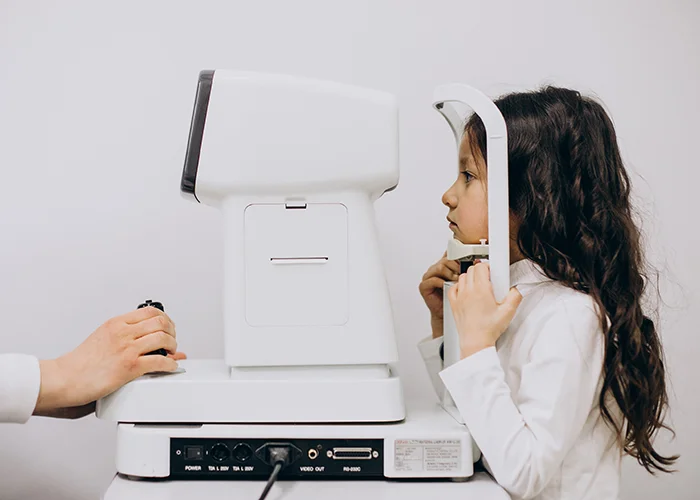
What are the Common Eye Problems?
Some of the common eye disorders found in children
Your Child may have common eye problems that includes turned eyes(Strabismus), small swelling of the eyelid(Chalazion), lazy eye(Amblyopia) and may also need eyeglasses at a very early age (Refractive Error).
Lazy eye is a common condition where one or both the eyes may not develop normal vision due to some factors that cause the brain to deteriorate from normal functioning. It weakens the eye and leads to long tern vision problems in Child.
Next common eye disorders include Myopia, Hyperopia and the Astigmatism - all caused by the Refractive Errors that cause the eyes to prevent light from falling on the Retina. Pediatric Cataracts and Paediatric Glaucoma are also noted factors that should nt be left behind. All of the disorders in Child can be properly examined and treated well with regular Eye Tests and consultation.
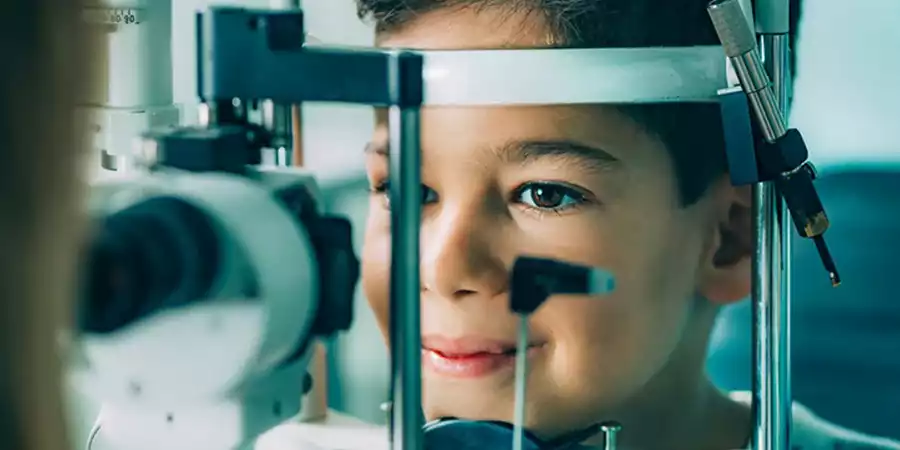
Frequently Asked Questions
How regularly should children visit an Eye Doctor?
During the school tenure, children should have Eye Examinations at least every two years even if no vision problems are detected. Also Child Wearing Eyeglasses or Contact Lenses should be examined every year as recommended by their Doctor.
At what age can a child wear Contact Lenses?
Actually there is no right time or age for the Child to wear the contact lenses. It’s majorly dependent on the Child responsibility to wear them when they are ready.
Why is Pediatric Eye Screening necessary?
Eye Exams are really important for Child as it determines if the Child Eyes are healthy and have any vision problems or not at the early stages itself so that it can be rectified with proper treatment.
What are the visual problems in children and the consequence?
Refractive Errors [power in the eyes] such as Myopia [Shortsightedness], Hypermetropia [Longsightedness] and Astigmatism are commonly found in children. These can lead to squint and lazy eyes if left untreated and can cause a permanent reduction in vision if neglected.
What are the signs that the child is not able to see clearly?
If you notice your child exhibiting any one of these following symptoms, they may need to an Eye Doctor:
- Squinting of Eyes
- Preference to view objects with only one eye
- Holding objects extremely close to the eyes in order to see it
- Abnormal head turning or tilting in a particular direction to see
- Squeezing and Rubbing of Eyes
- Inability to view the board at school, or incorrectly copying notes from the board
I wear glasses. Does this mean my child will need glasses?
Actually if one parent wears glass because of Nearsightedness, then your child may need it. But the probability of this need would be just 26%.
My child has been prescribed glasses. Is there any way to avoid glasses in this age group?
Parents must understand that although their child wears glasses, it does not mean that the eye is abnormal. The corrective glasses are only prescribed due to the change in the shape of the eye which is still a very common and normal phenomenon. It is extremely important to ensure that your children wear the proper glasses and go for routine checkups. Parents will have to exhibit a more positive attitude with their children when glasses are prescribed. Not wearing glasses will NOT reverse the child’s power. Nor will wearing glasses increase the child’s power. The child’s power will continue to change depending on the growth of the child and corrective glasses will not affect this in any way.

